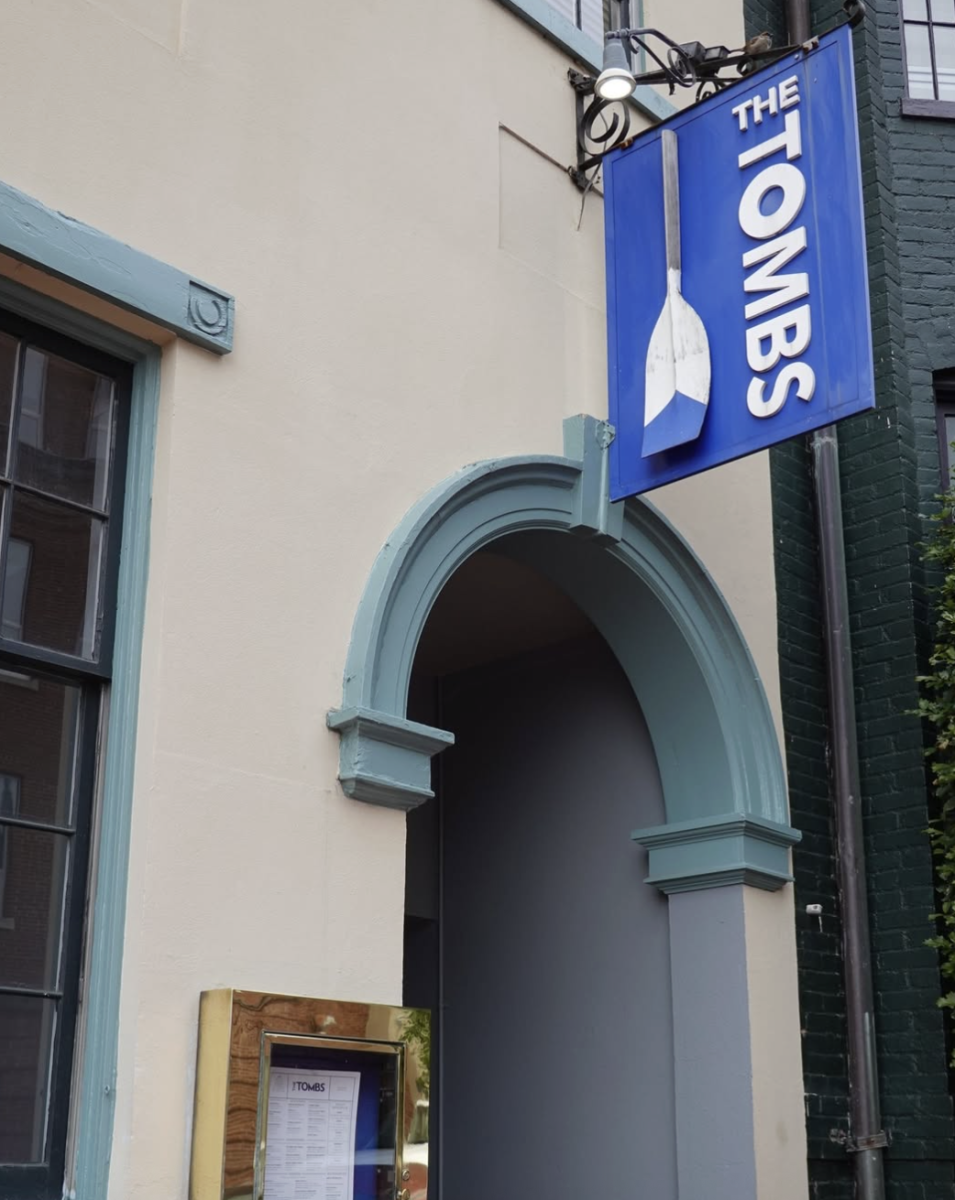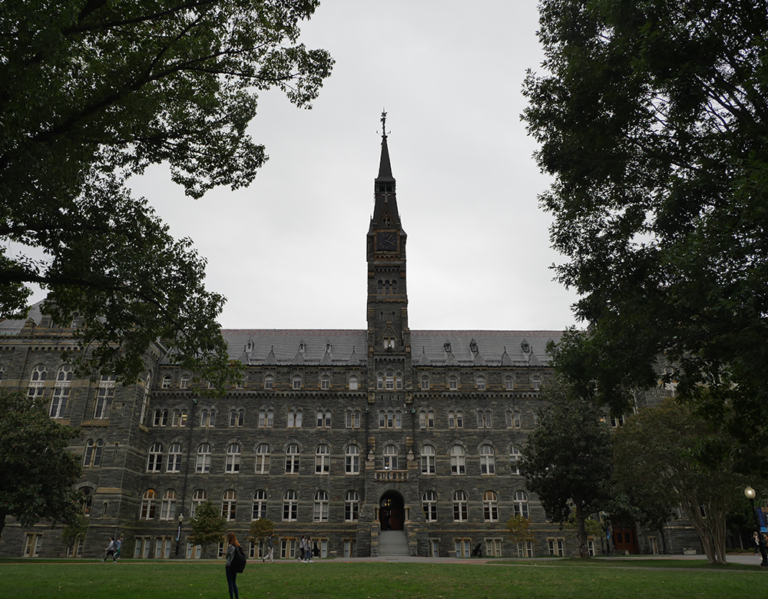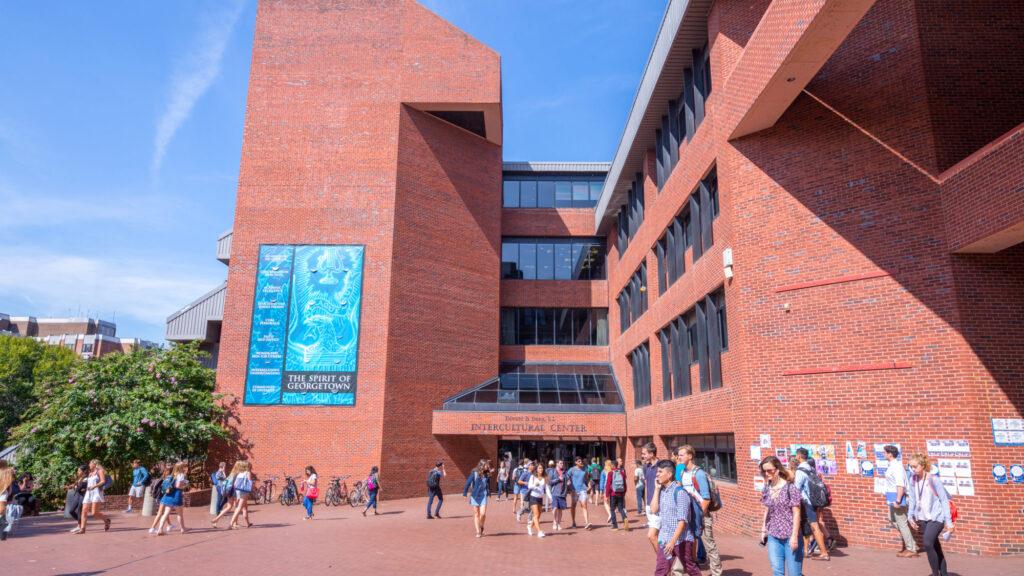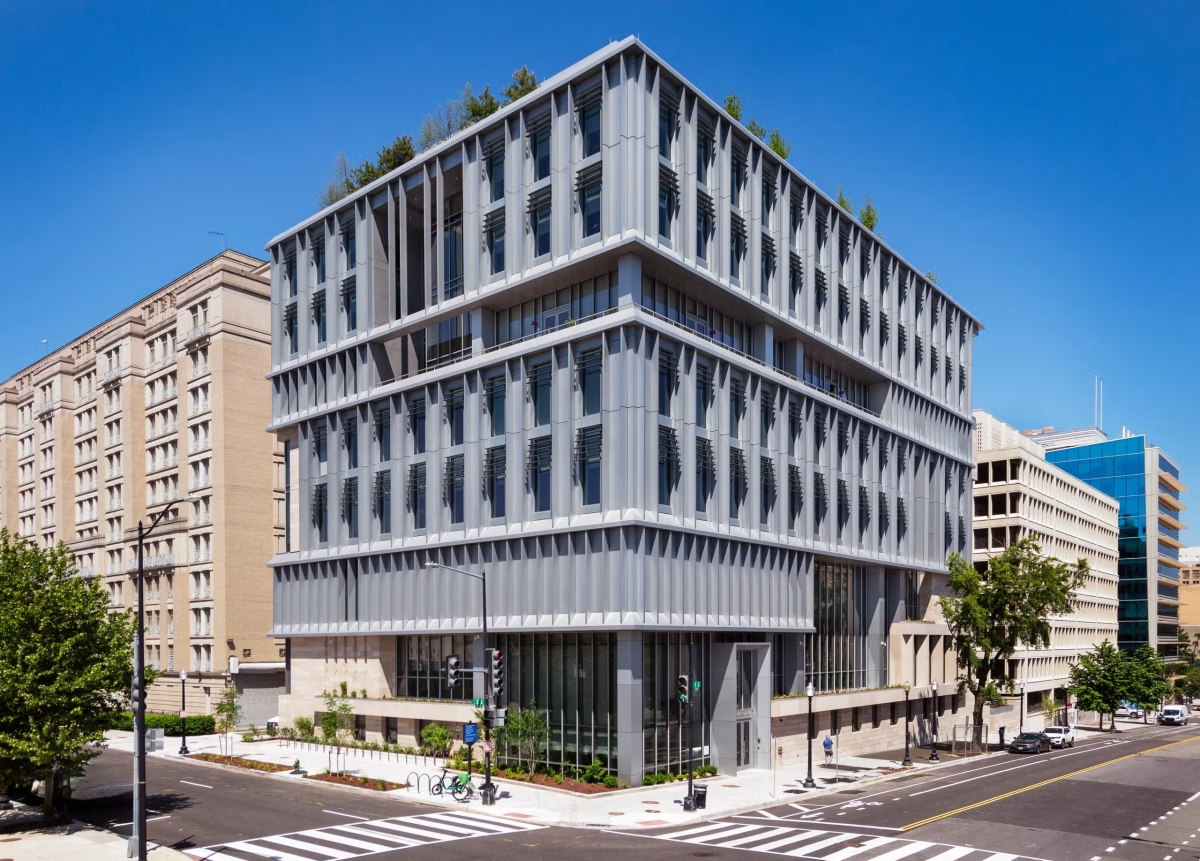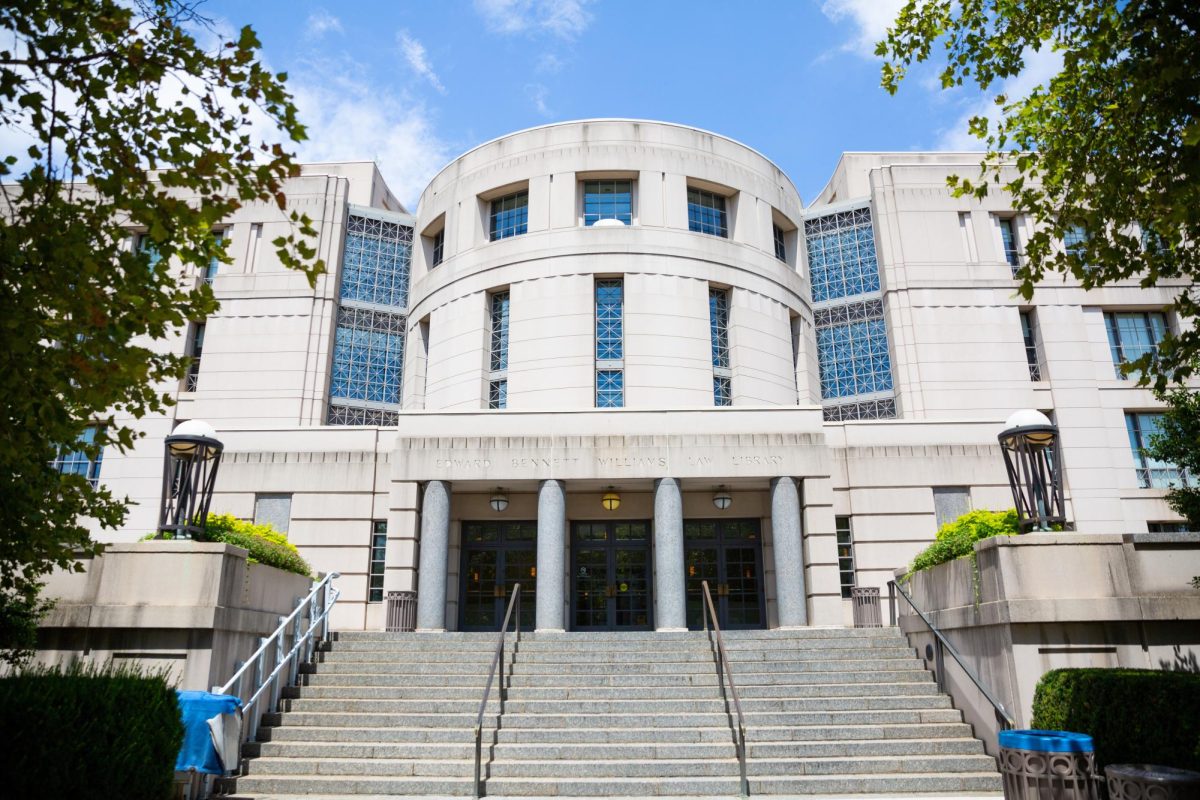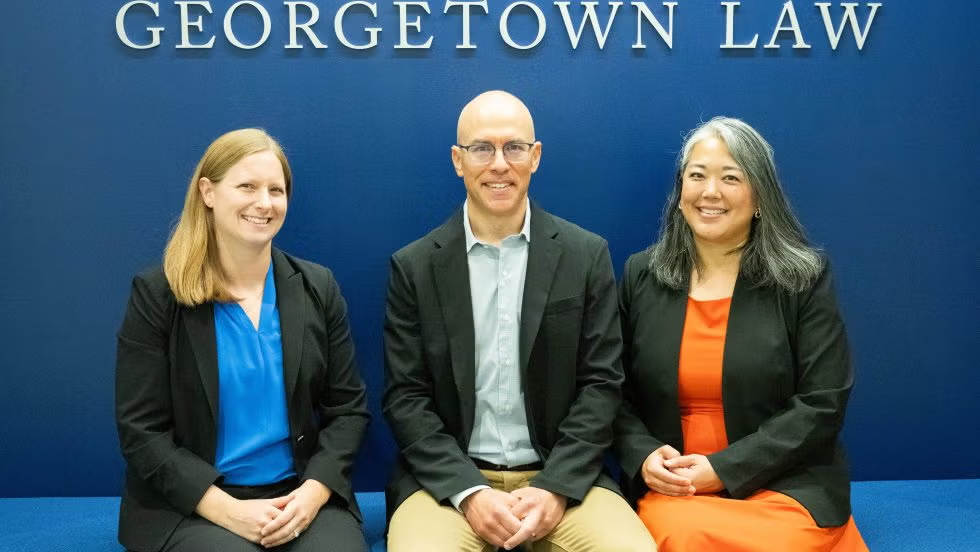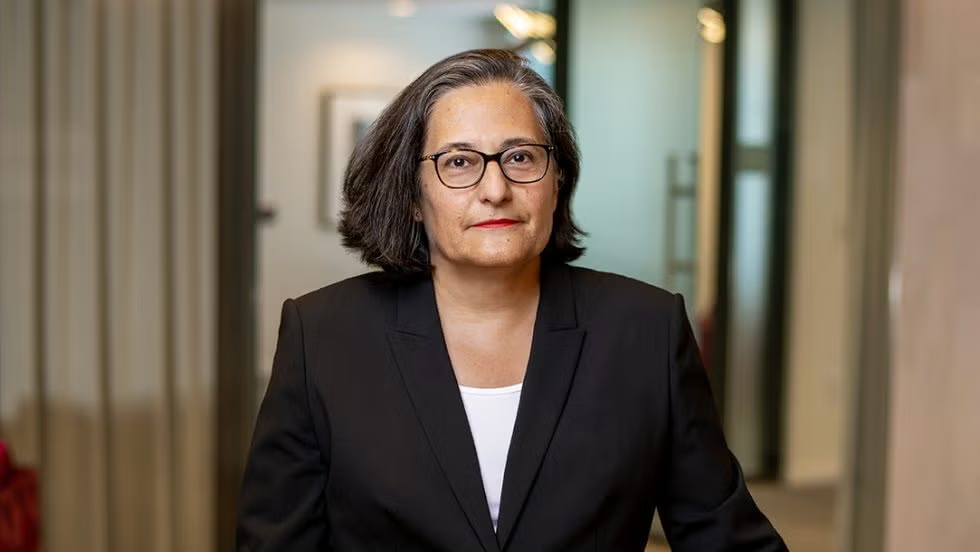Georgetown University’s School of Continuing Studies (SCS) launched an executive master’s degree program in humanitarian crisis and emergency management in partnership with Georgetown University in Qatar (GU-Q) for the upcoming 2025-26 academic year.
The program aims to prepare local, national and international leaders to address complex global disasters, focusing on human displacement. Natural disaster recovery, strategic leadership, weapons of mass destruction, global pandemics and terrorism are some of the key academic areas in the program, which seeks to teach students response, recovery and mitigation — with a special emphasis on emergency preparedness, as detailed on the program’s website.
Professor Tim Frazier, faculty director of the program, said there was a need to restructure and enhance the curriculum of two current programs dealing with emergency disaster management, one focusing on domestic response and the other on international response.
“We had two executive programs in the past that we sort of put on hold to restructure to this program, that is actually more enhanced and far more needed,” Frazier told The Hoya.
Kelly Otter, dean of the SCS, said a unique aspect of the program is that it recasts the focus on the humanitarian response to the emergencies.
“With a modified curriculum focusing more on the humanitarian aspects, we are relaunching the program,” Otter told The Hoya. “If you think of what human and natural disasters do — earthquakes and terrorism — certainly there is an impact on the earth, but what we’re really focused on is the tragedy on human beings. People have been displaced, people have been injured, people have been killed.”

Frazier said the rationale behind the curriculum’s redesign is to meet current industry demands.
“The new program is a more expansive program,” Frazier said, “It’s much more representative of the actuality of the field, because there’s a greater emphasis on the inclusion of humanitarian crisis, humanitarian crisis response, public and global health response.”
The 12-month, cohort-based program includes five residencies to provide students with hands-on experience dealing with humanitarian emergencies — two of which are online — and another three taking place in Japan, Qatar and Switzerland. The residencies provide students with practical experience to complement their academic studies as they analyze case studies alongside experts in the field.
Otter said that during their capstone projects, students will conduct research and develop plans addressing specific crises of personal interest, preparing them for practical application in their future careers.
“Students will work with various organizations,” Otter said. “They will go visit nonprofit organizations, they will meet with government officials, they will meet with scientists, they will be able to see, hands-on, in a deep war, the tools and practices that various scientific and nonprofit communities are putting into place.”
While all six classes offered in the program address a different area of emergency disaster management, Frazier said the value of ethical thinking is the connection.
“Obviously, Georgetown has a strong focus on ethics,” Frazier said. “It’s encapsulated in our program, in a single course and it’s blended throughout our program, because everything we talk about in our field has ethical considerations to it. Because we’re caring for citizens of the planet, right?”
Hannah Vick, adjunct lecturer in the program, said the program is building creative leaders who also have a strong grasp of the foundations of disaster management.
“We also expect our leaders, in the Jesuit tradition, to be ethical. And to care very, very much about their fellow human beings,” Vick told The Hoya.
Although the executive master’s will study the massive human displacement in Lebanon and Palestine, Otter said it will not take a political stance.
“Our program now will help people understand more of the histories and the sociology and the politics as well as the humanitarian aspects of what’s happening in the Middle East,” Otter said. “So it will take a step back and look at all those components. We will not take a position on those.”
Otter said the new executive master’s fits into the SCS’s mission of committing to serve the underserved.
“Our mission is very much focused on the Jesuit mission of going where the need is and going where the underserved are, and providing opportunity where people may not already have opportunity, and making the world better and striving for excellence,” Otter said.


